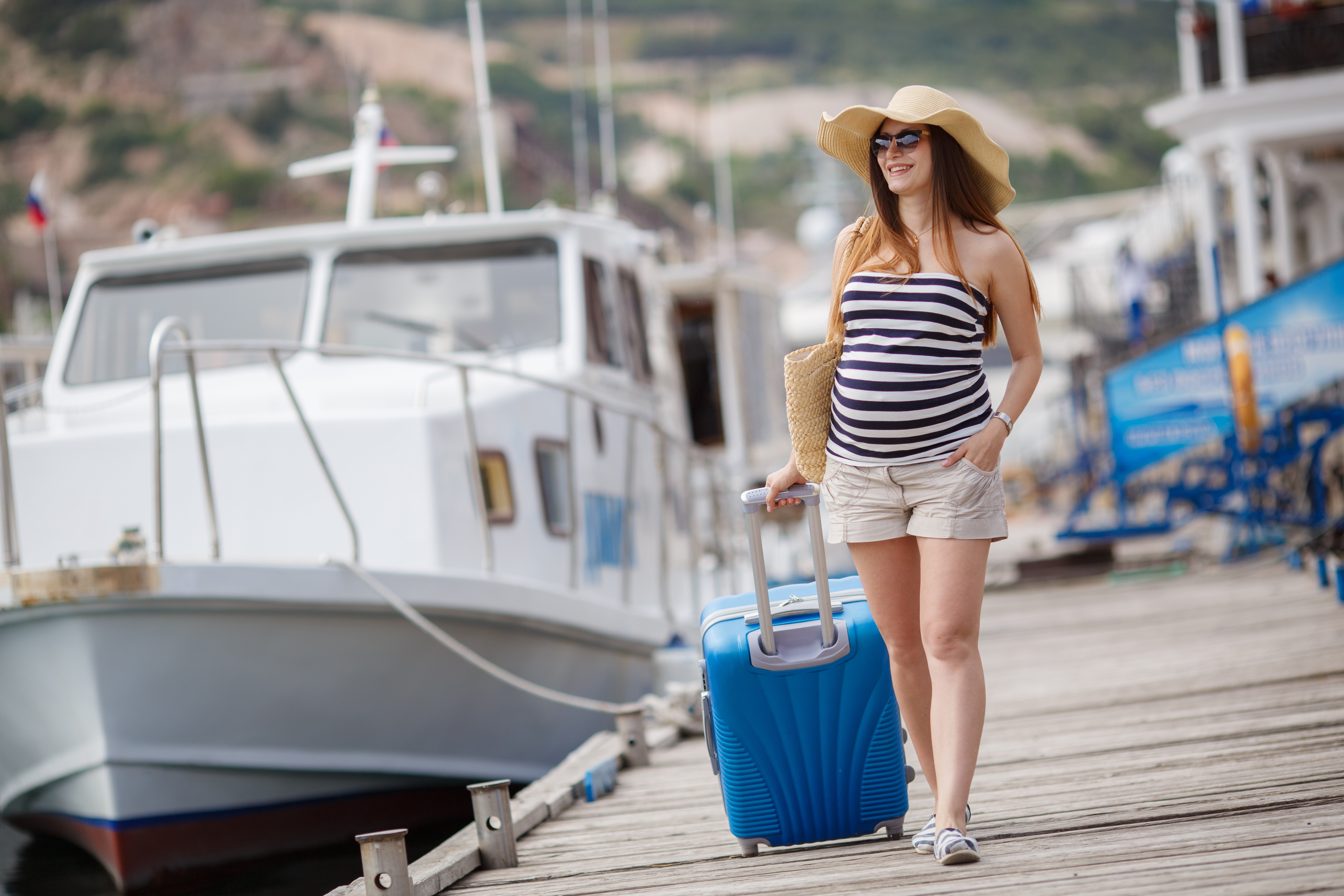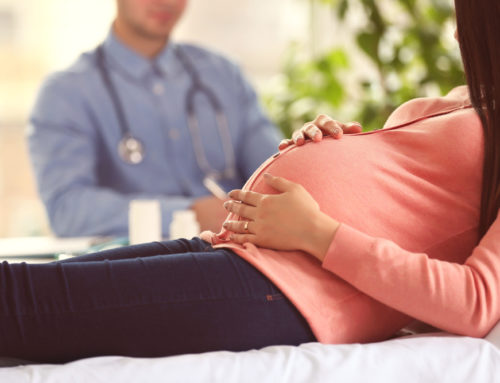_x000D_
_x000D_
It’s time for the annual summer vacation and for expectant women, it may_x000D_
mark the last occasion to enjoy some down time before motherhood. But with so_x000D_
much trepidation over travel these days, heading out for a getaway during your_x000D_
pregnancy may not exactly feel like a day at the beach.
_x000D_
_x000D_
With some helpful tips and suggestions from medical experts, pregnant_x000D_
women on the go can enjoy their time away and relax before their baby’s_x000D_
arrival.
_x000D_
_x000D_
Zika, Overseas_x000D_
Concerns
_x000D_
_x000D_
Arguably one of the hotter medical topics this year, the Zika virus has_x000D_
dominated the news with stories of possible birth defects, prompting pregnant_x000D_
women to reconsider taking a trip outside the United States. Per guidelines from_x000D_
the Center of Disease Control (CDC), traveling to countries where the virus has_x000D_
been shown to be epidemic should be avoided, including Central America, South_x000D_
America and select Caribbean islands.
_x000D_
_x000D_
Dr. Jeffrey Zweig, an obstetrician and author of Pregnancy is a Real Mother (Xlibris, 2015), advises expectant women_x000D_
to take the proper precautions. ““Zika virus infection has been detected in_x000D_
mainland United States,_x000D_
but those infected have brought the illness from endemic areas,” he notes. “If_x000D_
you must go to an endemic area, the pregnant patient should spray herself with_x000D_
mosquito repellent and cover her body and head with protective clothing,_x000D_
including…a hat that provides adequate shielding.”
_x000D_
_x000D_
For pregnant women traveling via airplane, going through body scanners_x000D_
at the airport may create some undue anxiety. According to Zweig, since the TSA_x000D_
replaced its X-ray imaging and scanning in 2013 with electromagnetic scanning,_x000D_
this level of security does not pose any risk for babies in utero. “Further…the_x000D_
low level of energy in the scanners should not put any women at an increased_x000D_
risk for cancer later in life,” he says.
_x000D_
_x000D_
Once onboard, pregnant passengers should make a point of moving about_x000D_
the cabin (when permitted) to stretch their legs. “Pregnant women in general_x000D_
have a slightly higher risk of developing a blood clot [so]…try and be as_x000D_
mobile as possible on the aircraft,” says Cheryl Zauderer, a certified_x000D_
nurse-midwife and author of Maternity_x000D_
Leave: A New Mother’s Guide to the First Six Weeks Postpartum (Praeclarus_x000D_
Press, 2016) (www.postpartumcare1.com)._x000D_
She recommends booking an aisle seat and, if possible, one with more legroom,_x000D_
making it easier to get up and out.
_x000D_
_x000D_
H2O to Go
_x000D_
_x000D_
Whether traveling by plane, car, boat or any other form of_x000D_
transportation, staying hydrated is essential for all expectant mothers._x000D_
“During pregnancy, your blood volume is increasing, your body is building_x000D_
amniotic fluid and can also trigger contractions and/or pre-term later if you_x000D_
are dehydrated,” notes Zauderer. “Water also helps to absorb nutrients,_x000D_
vitamins and minerals that the placenta needs to nourish your baby.”
_x000D_
_x000D_
Extra water is especially vital during warmer months because of the_x000D_
body’s attempt to reduce excessive heat. _x000D_
“The heat and humidity of summer causes sweating and loss of fluids_x000D_
through the mouth and lungs,” says Zweig. He recommends that pregnant women_x000D_
consume at least three large (32 oz.) bottles per day and even more during the_x000D_
third trimester to prevent preterm labor and contractions.
_x000D_
_x000D_
Healthy, Happy_x000D_
Travels
_x000D_
_x000D_
Experts agree that by following some general rules of thumb, moms-to-be_x000D_
can enjoy their vacation time with minimal fuss. Zauderer stresses the_x000D_
importance of wearing a seat belt at all times and taking short breaks when_x000D_
traveling by car. “Always check with your destination to make sure there are_x000D_
healthcare providers and/or medical facilities in case of an emergency,” she_x000D_
offers.
_x000D_
_x000D_
If you’ll be outdoors, Zweig advises using sunscreen particularly on_x000D_
your face, ears and feet, and wearing comfortable, loose-fitting clothing and_x000D_
shoes. “Pregnant women should not travel during the last month of pregnancy_x000D_
unless a true emergency exists,” he says. If you must travel, play it safe and_x000D_
bring along any medical records from your OB.
_x000D_
_x000D_
_x000D_
_x000D_
And of course, don’t forget…to have a good time!
_x000D_
_x000D_
_x000D_
_x000D_
_x000D_
_x000D_
_x000D_




